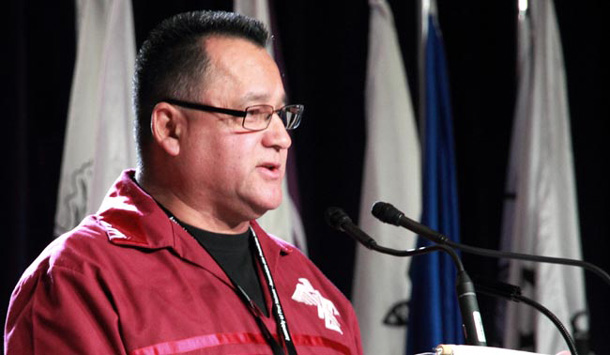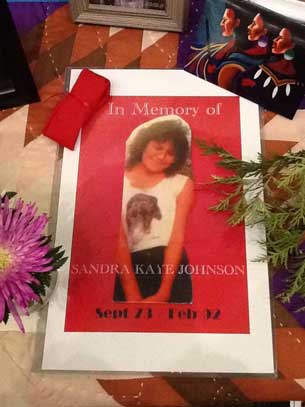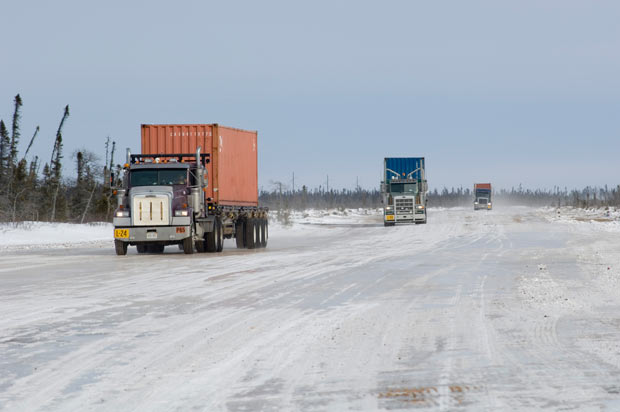

OTTAWA – NEWS – First Nations leadership from across Canada met with government representatives including Ontario Premier Wynne, and the Aboriginal Affairs Minister at a national roundtable on missing and murdered Indigenous women in Ottawa today.
The roundtable brought together more than 150 delegates including First Nations Chiefs, Premiers, federal and provincial ministers, and representatives from First Nations organizations.
Deputy Grand Chief Denise Stonefish of the Association of Iroquois and Allied Indians also joined the delegation from the Assembly of First Nations in her role as Chair of the Ontario First Nations Women’s Caucus.
Anishinabek Nation leaders are supporting those represented at the National Murdered and Missing Indigenous Women Roundtable discussions and continue to push for an inquiry.

“An inquiry will enable stakeholders to identify systemic issues – racism, poverty and intergenerational abuse – with respect to violence against women,” says Anishinabek Nation Grand Council Chief Patrick Madahbee.

“The Harper government just refuses to recognize anything that is going on with Indigenous Peoples. We need an inquiry now,” says the Grand Council Chief who represents 39 First Nations in Ontario. “We cannot allow this to continue. Families and friends of Indigenous women and girls of the missing, murdered need answers. Our communities need healing and Canadian society needs to wake up.”
According to the United Nations Declaration on the Rights of Indigenous Peoples – to which Canada is signatory: States shall take measures, in conjunctions with indigenous peoples, to ensure that indigenous women and children enjoy the full protection and guarantees against all forms of violence and discrimination.
“I’m pleased to be here today to start a national dialogue,” said Stonefish, but stressed that the roundtable was a first step, and that an inquiry is still needed. “A national Inquiry has the ability to expose the race-based discrimination within the Canadian system in ways a political dialogue can’t. We need answers as to why our women and girls are going missing and being murdered. We need action for our families.”
Tired of having pleas for a national inquiry ignored, Chiefs from across Ontario held a three-day gathering in Thunder Bay earlier this month to plan for a First Nations-led inquiry. They gathering brought together 15 families to share their experiences, and to provide direction on how an independent truth-seeking process could unfold.
Some of the themes that surfaced at the gathering included culturally insensitive and inadequate policing services, problems with the justice system, lack of prevention services, and inadequate healing supports for the families.
“We are tired of our calls for a national inquiry being ignored,” added Stonefish. “While our gathering allowed us to collect feedback to bring up to this national roundtable, it was also about moving forward to address underlying systemic issues. We know that an independent process will have its limitations, but we will be moving forward with or without the Canadian Government on board. It’s the right thing to do for our families.”
FACTS
Indigenous women were nearly three times more likely than non-Indigenous women to report being a victim of a violent crime.
Indigenous women are four times more likely to be murdered than non-Indigenous women.
It is estimated that more than 1,100 Indigenous women have been murdered or gone missing since 1980.






